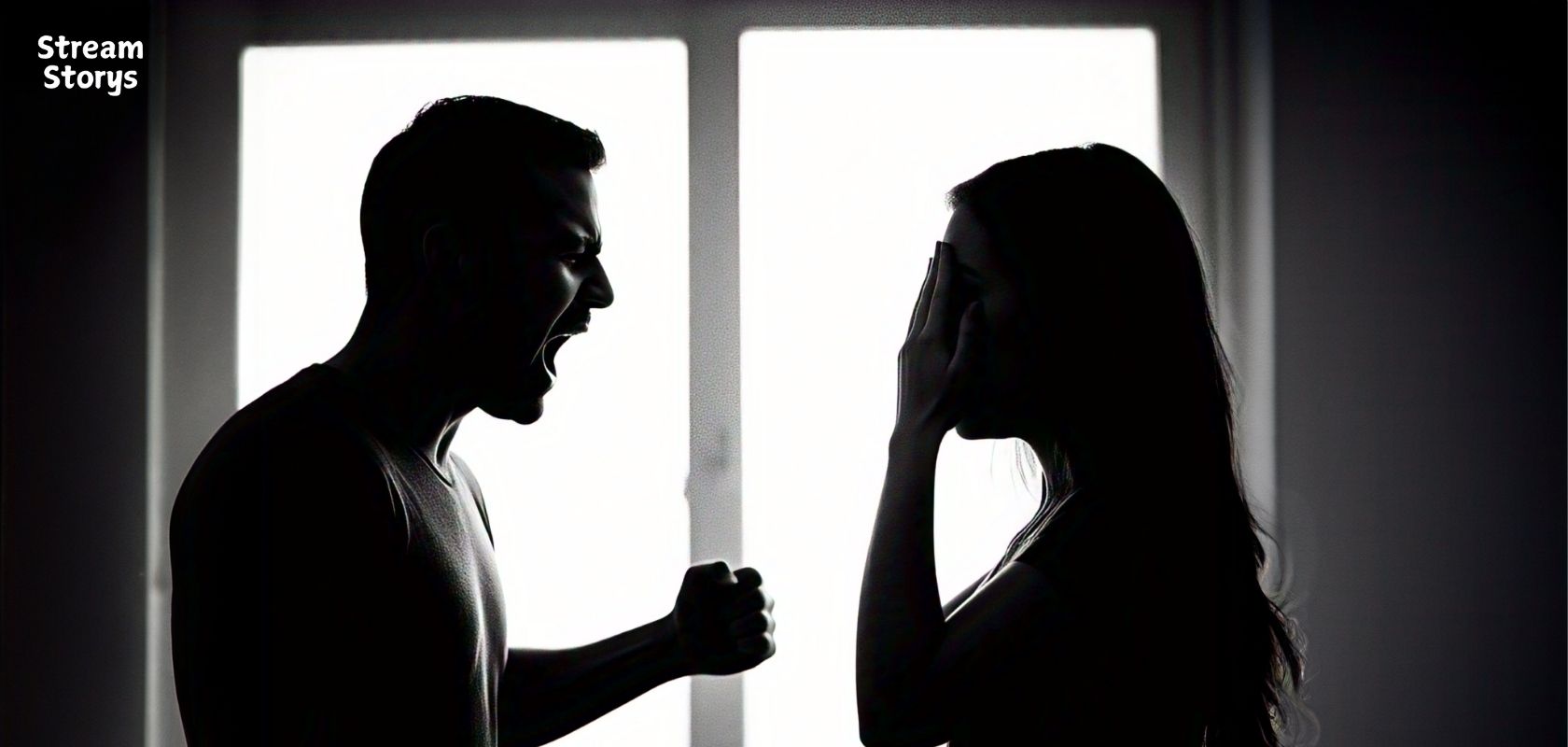
Toxic Relationship
Toxic Relationships: How to Recognize and Break Free
Hey there! We all want relationships that make us feel loved, respected, and supported, right? But sometimes, we find ourselves in relationships that don’t feel good, and they can start to take a toll on our mental and emotional well-being. These are what we call toxic relationships—ones that drain you, make you feel bad about yourself, and hold you back from being the best version of yourself. So, let’s talk about how to recognize when a relationship is toxic and what you can do to break free from it.
What Is a Toxic Relationship?
A toxic relationship is one where the dynamics are harmful to your mental or emotional health. It’s not about occasional disagreements, but more about patterns of behavior that make you feel anxious, unsafe, or unhappy. These relationships can occur in any area of life—romantic, friendships, family, or even work.
Signs of a Toxic Relationship
If you’re feeling unsure about a relationship, it’s important to know the signs of toxicity. Here are a few red flags to watch out for:
-
Constant Criticism: In a toxic relationship, the other person might constantly criticize you, make fun of you, or put you down. They may call it “joking” or “constructive criticism,” but deep down, it makes you feel worthless or insecure.
-
Manipulation: Manipulative behavior is one of the biggest signs of a toxic relationship. This can include guilt-tripping, emotional blackmail, or making you feel like you owe them something, even when you don’t. It can also be when someone twists your words or actions to make you feel like you’re always in the wrong.
-
Lack of Trust: Trust is essential for any healthy relationship. If you constantly feel suspicious, doubt the other person’s words or actions, or feel like they’re hiding things from you, the relationship may not be healthy.
-
Disrespecting Boundaries: Healthy relationships respect personal space, time, and emotions. But in toxic relationships, boundaries are often ignored or crossed. The other person may pressure you into doing things you don’t want to do or make you feel guilty for needing space.
-
Controlling Behavior: If someone tries to control what you do, who you talk to, or where you go, that’s a huge red flag. Control is not love. Healthy relationships are based on mutual respect and freedom, not domination or manipulation.
-
Emotional Rollercoaster: In a toxic relationship, you may feel like you're constantly on an emotional rollercoaster. One minute everything is fine, and the next, you’re upset, hurt, or confused. This unpredictability can be emotionally exhausting.
-
Gaslighting: Gaslighting is a form of psychological manipulation where the toxic person makes you question your own reality. They may deny things that happened, make you feel like you’re overreacting, or even make you feel crazy for having normal emotions.
How to Break Free from a Toxic Relationship
If you’ve recognized that you’re in a toxic relationship, it’s important to take steps to protect your mental and emotional health. Here’s what you can do:
-
Acknowledge the Issue: The first step is realizing and admitting that the relationship is unhealthy. This can be hard, but it’s essential for moving forward.
-
Set Boundaries: In some cases, setting clear boundaries with the other person can help. Be firm about what you’re willing to tolerate and what you’re not. If they continue to disrespect your boundaries, it may be time to take a step back.
-
Talk to Someone You Trust: If you’re unsure whether a relationship is toxic, talk to a friend, family member, or therapist. They can help you gain perspective and offer support as you figure out what to do next.
-
Cut Ties If Necessary: Sometimes, the healthiest choice is to walk away from the toxic relationship, especially if it’s doing more harm than good. It can be tough, but your well-being should always come first. Letting go of toxic people can open up space for healthier, more supportive connections.
-
Take Care of Yourself: Focus on your own self-care and healing. Spend time doing things that make you happy, and surround yourself with people who lift you up. Rebuilding your confidence and self-worth is key to moving on from toxic relationships.
Moving Forward: Healthy Relationships Are Possible
It might feel hard at first, but once you let go of toxic relationships, you open the door to healthier, more fulfilling ones. You deserve to be in relationships where you feel respected, supported, and loved. Don’t settle for anything less. Trust yourself, and remember that healthy relationships are built on trust, respect, and care. You’ve got the power to create the kind of connections that help you thrive! Take it one step at a time, and remember—you are worthy of love and respect, and you don’t have to put up with anything that doesn’t make you feel good about yourself. You deserve to be surrounded by people who lift you up, not tear you down.
Credits
Posters : Photoshop, Meta AI, Canva. Designed by Jessi Hemanth